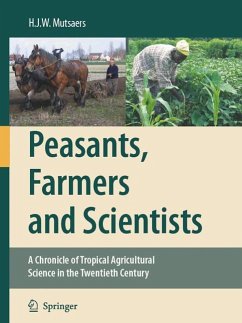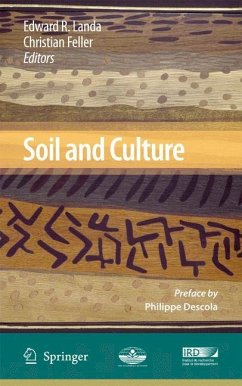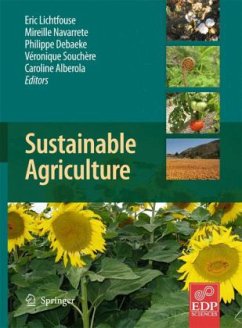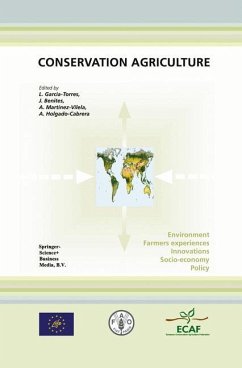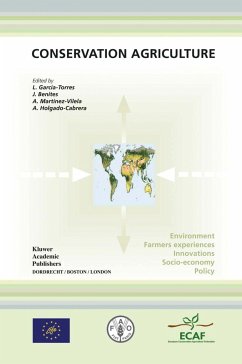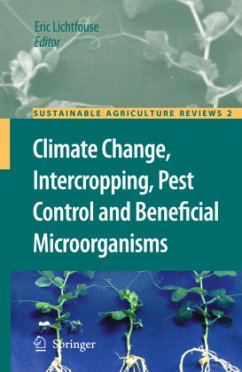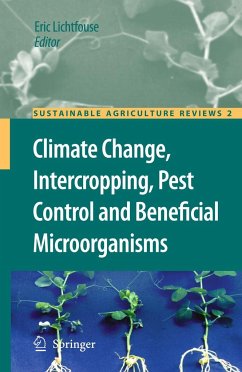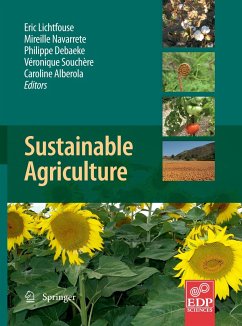
Peasants, Farmers and Scientists
A Chronicle of Tropical Agricultural Science in the Twentieth Century
Versandkostenfrei!
Versandfertig in 6-10 Tagen
115,99 €
inkl. MwSt.
Weitere Ausgaben:

PAYBACK Punkte
58 °P sammeln!
This book is a critical account of tropical agricultural science in the twentieth century, with its successes as well as its fads and failures. Its coverage reaches back into the beginning of the twentieth c- tury, but the second half of the century takes place of choice. Which means that the story is closely linked with that of post-co- nial development and scrutinises the role agricultural science has played (or failed to play) in the advancement of the tropical sma- holder, in particular in Africa. The book was written from the perspective of a practitioner, with the inevitable result that ...
This book is a critical account of tropical agricultural science in the twentieth century, with its successes as well as its fads and failures. Its coverage reaches back into the beginning of the twentieth c- tury, but the second half of the century takes place of choice. Which means that the story is closely linked with that of post-co- nial development and scrutinises the role agricultural science has played (or failed to play) in the advancement of the tropical sma- holder, in particular in Africa. The book was written from the perspective of a practitioner, with the inevitable result that the treatment is skewed by this prac- tioner's own experience. That is an obvious drawback of a pers- alised account, but not a serious one I think, provided the author manages to make up for that disadvantage by getting across to the reader the thrill of his direct involvement. A wide range of topics are covered, including interesting early science from the beginning of the last century (sugarcane breeding and shifting cultivation in Indonesia, anthropological studies in German West Africa), fascinating indigenous farming practices in Africa, the history of Farming Systems Research and its offshoots, computer modelling of crop growth, and the role of development projects, donors and consultants.





